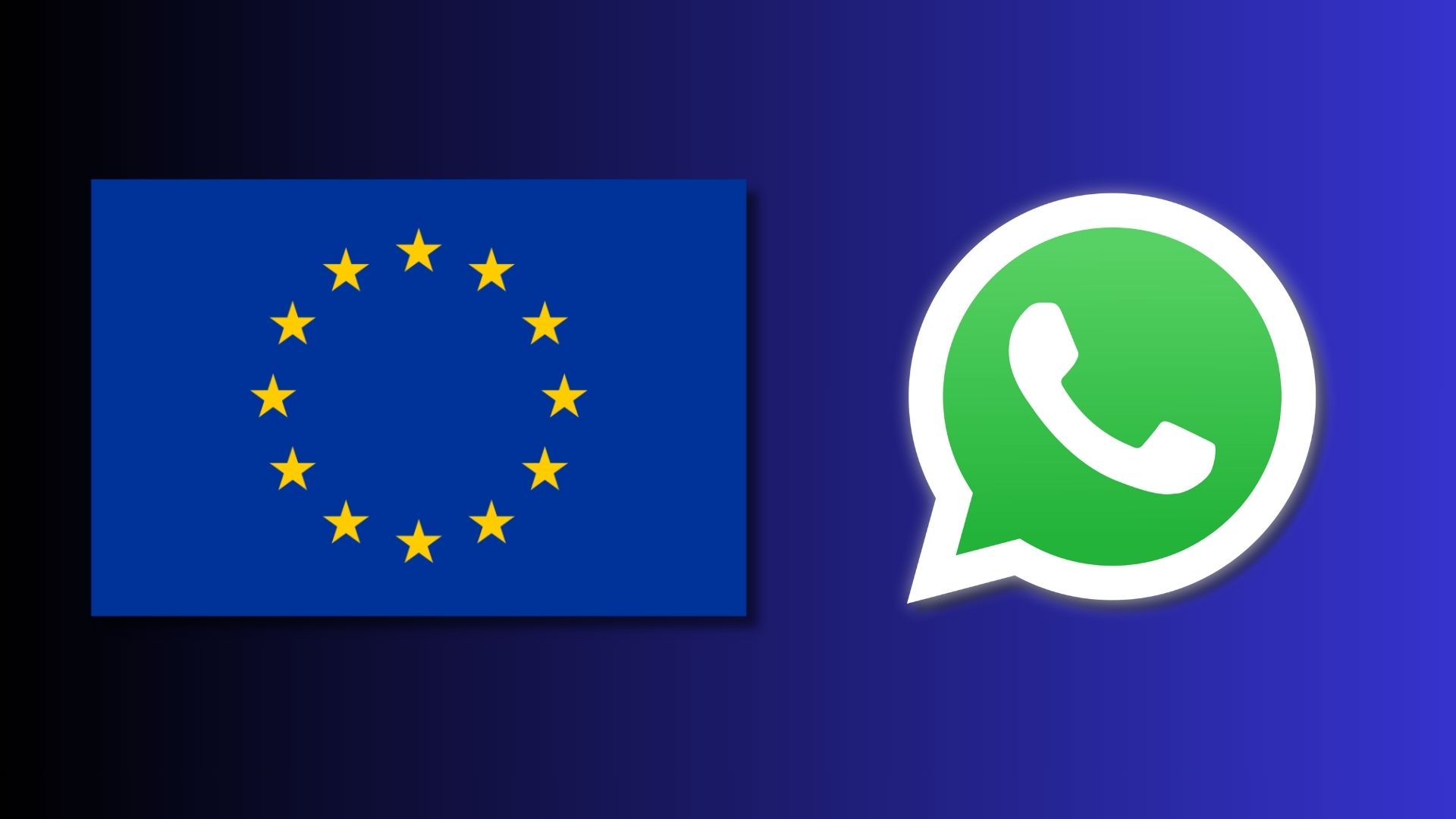KPMG Netherlands has allegedly become the latest target of the Nova ransomware group, following claims that sensitive data was accessed and exfiltrated.
The incident was reported by ransomware monitoring services on 23 January 2026, with attackers claiming the breach occurred on the same day.
Nova has reportedly issued a ten-day deadline for contact and ransom negotiations, a tactic commonly used by ransomware groups to pressure large organisations.
The group has established a reputation for targeting professional services firms and financial sector entities that manage high-value and confidential client information.
Threat intelligence sources indicate that Nova operates a distributed command and control infrastructure across the Tor network, alongside multiple leak platforms used to publish stolen data. Analysis suggests a standardised backend deployment, pointing to a mature and organised ransomware operation.
KPMG has not publicly confirmed the alleged breach at the time of writing. Clients and stakeholders are advised to follow official communications for clarity on potential exposure, response measures and remediation steps as investigations continue.
Would you like to learn more about AI, tech and digital diplomacy? If so, ask our Diplo chatbot!










